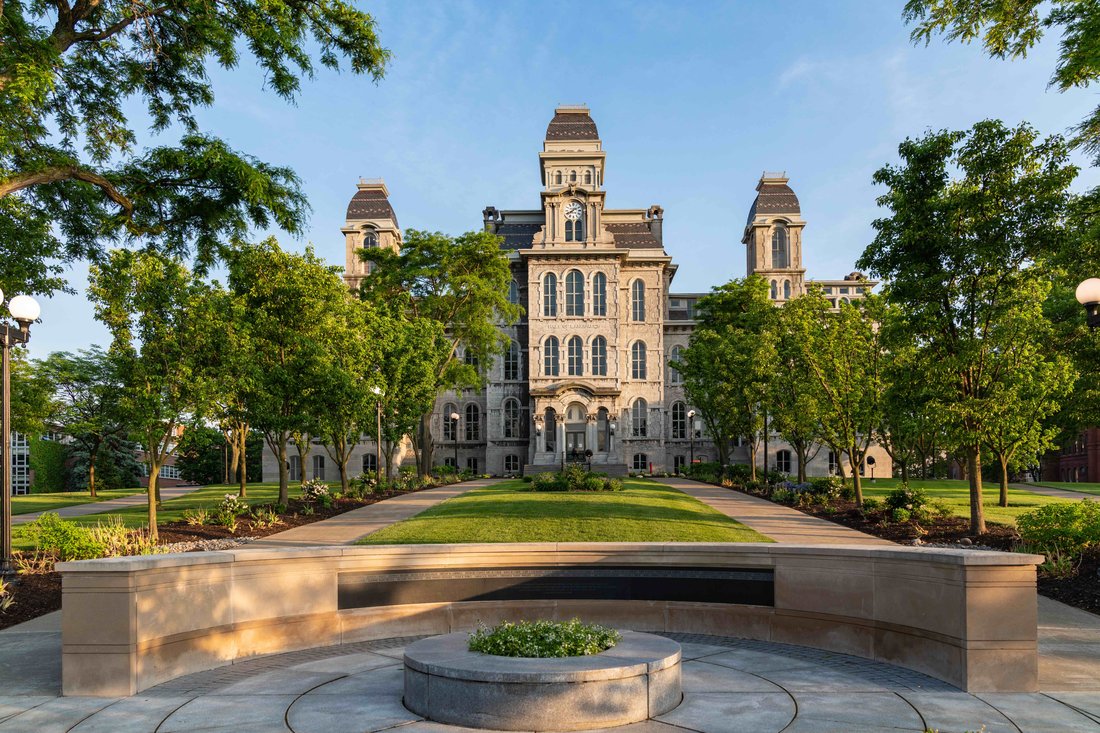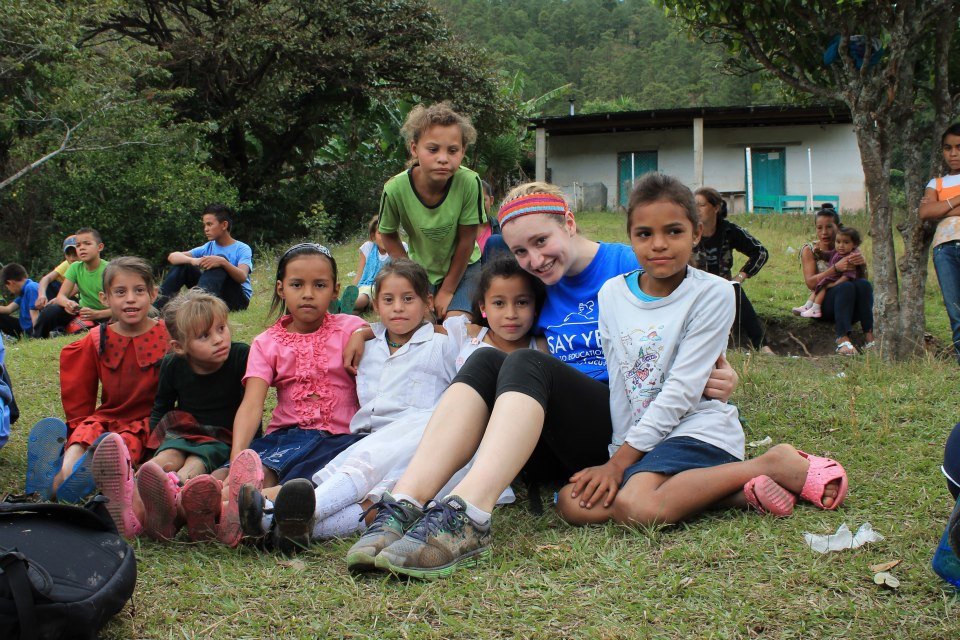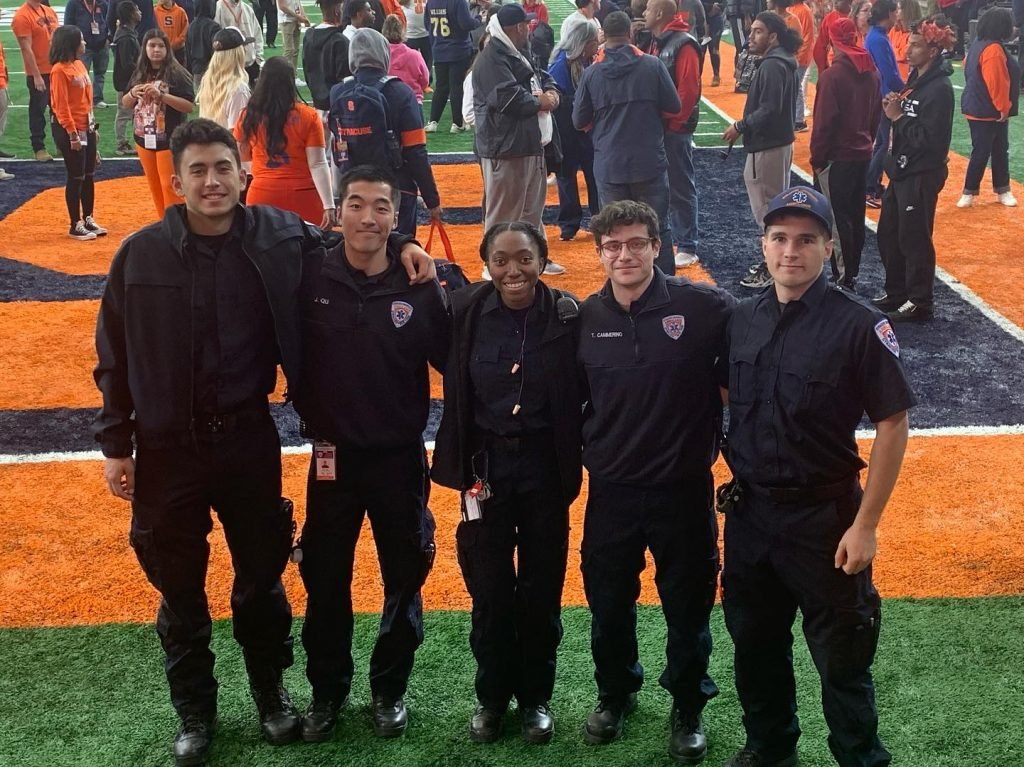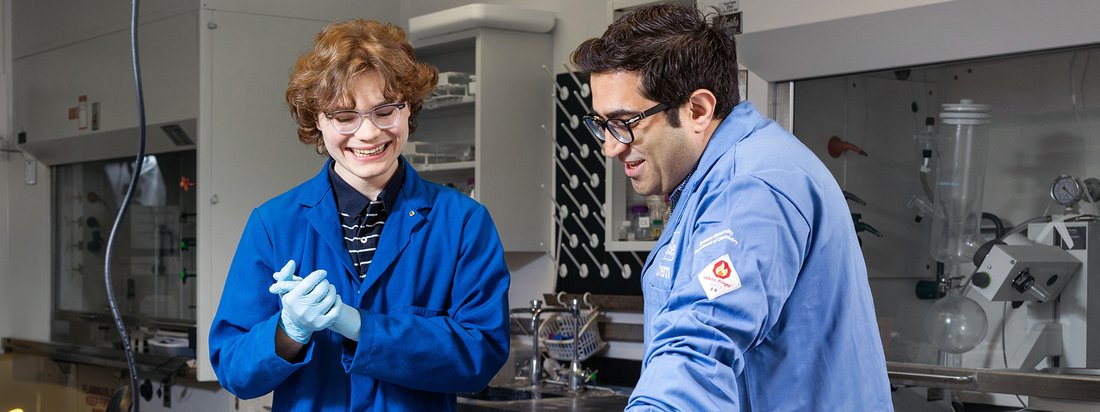
College of Arts and Sciences
Curriculum
As a health humanities student, you will take core requirements in areas such as medical ethics, bioethics and sociology. Then, you’ll choose from elective courses across the following categories: health and global concerns, health and social concerns, stages of life, health in communities, and health and communication. Finally, during your senior year you will complete a capstone course that requires a capstone project.
- Accurately characterize the field of health humanities.
- Describe, compare and contrast some basic theories and methods in the humanities and social sciences, particularly as they relate to the health humanities.
- Describe how health humanities complements your primary major.
- Apply knowledge of the health humanities to critically evaluate, orally and in writing, media items and other statements or claims related to health, illness and health care.
- Demonstrate an ability, orally and in writing, to engage in well-informed, culturally sensitive moral reflection about specific topics related to health, illness, disability and/or health care.
- Demonstrate adequate knowledge of different cultural and historical understandings of health, illness, and/or disability, as well as an understanding of social determinants of health and health inequalities.
- Demonstrate an ability to engage in long-term cumulative learning in the health humanities, culminating in a research project presented to peers.
- Demonstrate a willingness and ability to empathetically consider others’ perspectives.
Extracurricular Opportunities
Global Medical Brigades
Global Medical Brigades is an international movement of students and medical professionals working alongside local communities and staff to implement sustainable health systems. Student volunteers travel to assist health care efforts in remote, rural and under-resourced communities in Honduras, Panama, Nicaragua and Ghana, where there is otherwise limited or no access to health care. Global Brigades also supports communities with economic development, sanitation and clean water projects, and uniquely implements these programs in a holistic model to meet a community’s health and economic goals.

Rebecca Lee Pre-Health Society
The Rebecca Lee Pre-Health Society—named after Rebecca Lee Crumpler, the first African American woman in the U.S. to earn an M.D.—is a student organization designed to promote and encourage a diverse group of pre-health students to attend professional health schools, including those for medicine, physician assistant, physical therapy, public health, pharmacy and other health careers. Students from all majors are welcome to join this organization.
Syracuse University Ambulance
Syracuse University Ambulance is a volunteer group of students who provide intermediate life support, transport, rapid cardiac defibrillation as well as non-emergency transportation on and around Syracuse’s campus. Members are EMT-certified by trained professionals and respond to more than 1,500 calls for emergency service every year, providing 24/7 coverage for the community.

Learn more about this program

